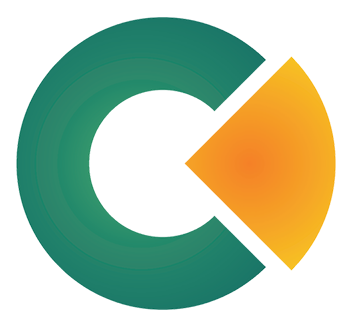Identities and Diversity
The objectives of the Identity and Diversity workshop are empowering participants to withstand the pressure to adapt their identities to a dominant social model, dealing with diversity, a better understanding of others and developing solidarity and empathy among the participants.
Workshop Example
Game
My Three Identities
Type of exercise: Individual work, presentations in plenary
Duration: 20 minutes
Materials: Paper and pencils
Exercise description
Everyone writes down a few of their identities and then chooses three to read out loud. Then one person stands up and reads their identities one by one. When an identity is read out, the reader pauses, and everyone who ascribes to the same identity also stands up briefly. Then the next person in the circle stands up to read their identities, etc.
Note
It is recommended that the training team also participate in this exercise.
Multicoloured Eyes
Type of exercise: Multicoloured barometer
Duration: 40 minutes
Materials: Coloured paper, papers with statements prepared beforehand
Exercise description
A few sets of papers are prepared beforehand, each with a statement/sentence. The papers should be of different colours if possible. When the first set of papers is laid out on the floor, the participants decide which paper to approach. A few of the participants from each group are asked to comment on why they have approached that particular statement. Then the next set of papers is laid out…
Sets of statements:
- “I have a brother and a sister”, “I have a brother”, “I have a sister”, “Other”.
- “I have sad eyes”, “I have green eyes”, “I have blue eyes”, “I have smiling eyes”, “I have multicoloured eyes”, “Other”.
- “I like to read”, “I like art”, “I like sports”, “I like burek”, “I don’t like the army”, “Other”.
- “I have lived in different places”, “I have lived in just one country”, “I have lived in socialism”, “I was a refugee”, “Other”.
- “We are from the former Yugoslavia”, “I am from the former Yugoslavia”, “I am from Europe”, “I am from the Balkans”, “We are from Bosnia”, “I am from Tetovo”, “Other”
- “Јас зборувам македонски” [I speak Macedonian], “Unë flas shqip” [I speak Albanian], “Govorim hrvatski” [I speak Croatian], “Govorim crnogorski” [I speak Montenegrin], “Govorim hrvatskosrpski” [I speak Croato-Serb], “Говорим српскохрватски” [I speak Serbo-Croat], “Govorim naš jezik” [I speak our language], “Other”
- Seven blank pieces of paper of different colours (without statements).
Evaluation
Suggested questions to evaluate the exercise:
What was it like? How easy was it to make a choice? Did you feel like you had a choice? What does this remind you of?
Note
The statements should be formulated so as to give some limited choice. Make sure not to include all the identities and languages represented among the participants, i.e. leave some out deliberately.
Identity Barometer
Duration: 30 minutes
Exercise description
The barometer method is described in detail at the beginning of this section on p. 63. Go through three to five statements.
Suggested statements for the barometer:
- I am a patriot.
- I have a better understanding with people of my religion.
- Conflicts are inevitable among people of different identities.
- Insisting on your own identity undermines multiculturalism in society.
- I have a better understanding with people who speak my language.
- I accept diversity easily.
- People from mixed marriages have an identity problem.
- I would give my life for my country.
- There are identities that are imposed.
- National identity is imposed.
- National identity is important to me.
- I feel the need to defend my national identity when it comes under attack.
- You must know who you are.
When My National Identity Affected My Life
Type of exercise: Hot seats
Duration: 90 minutes
Materials: Chairs
Exercise description
The hot seats method is described in detail here. The person sitting in the hot seat in the middle discusses the topic: When my national identity affected my life.
